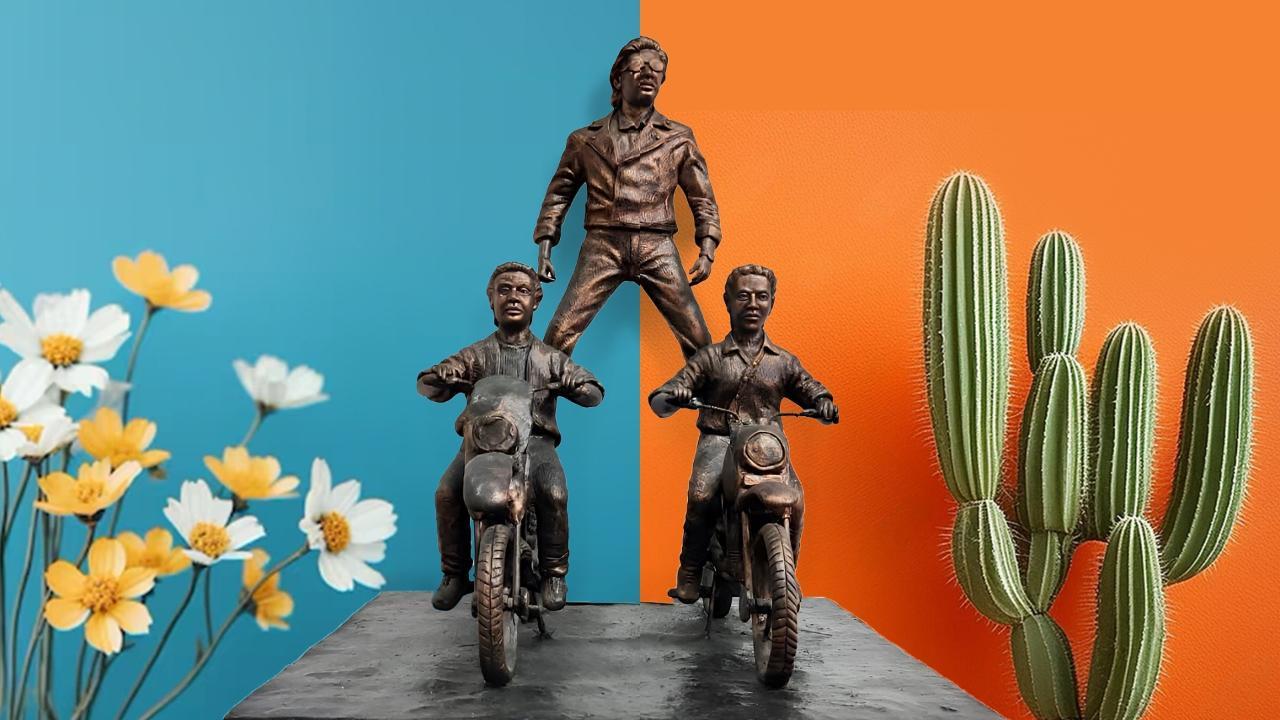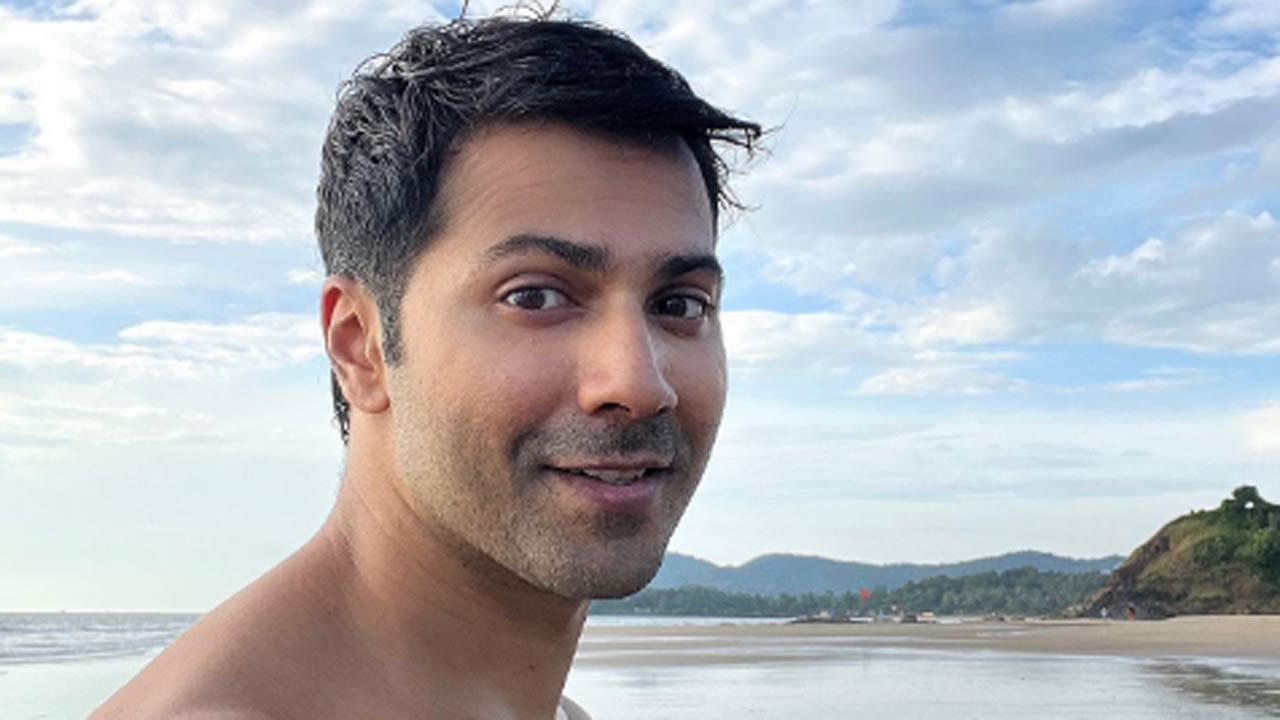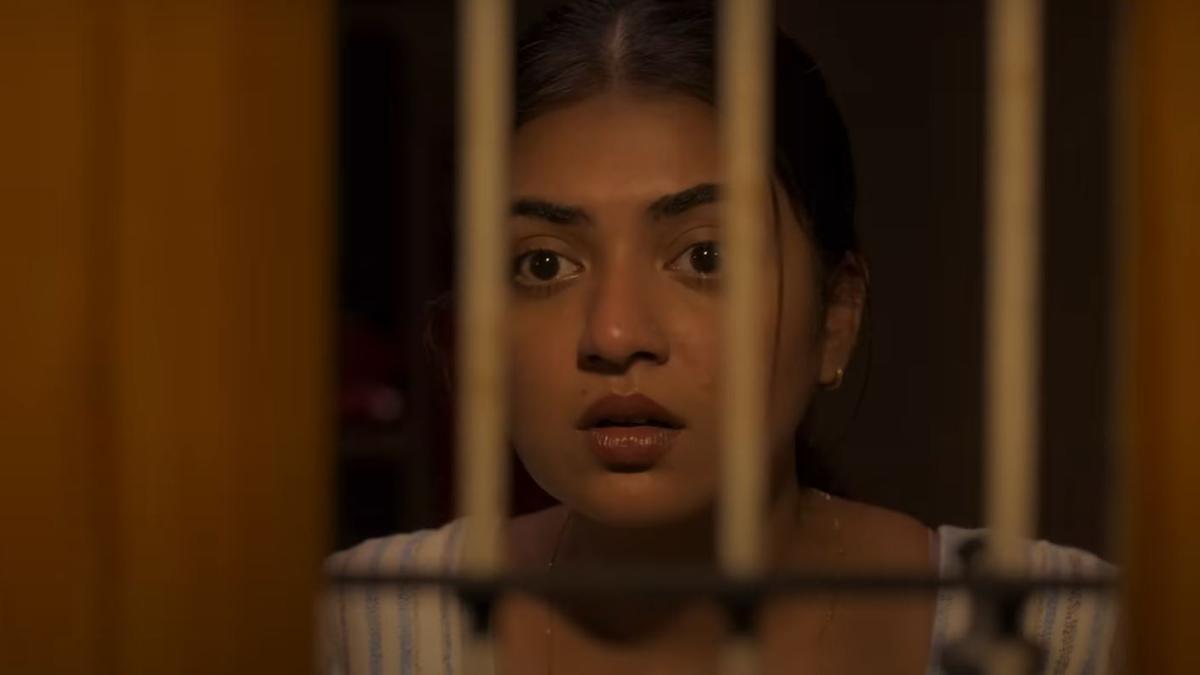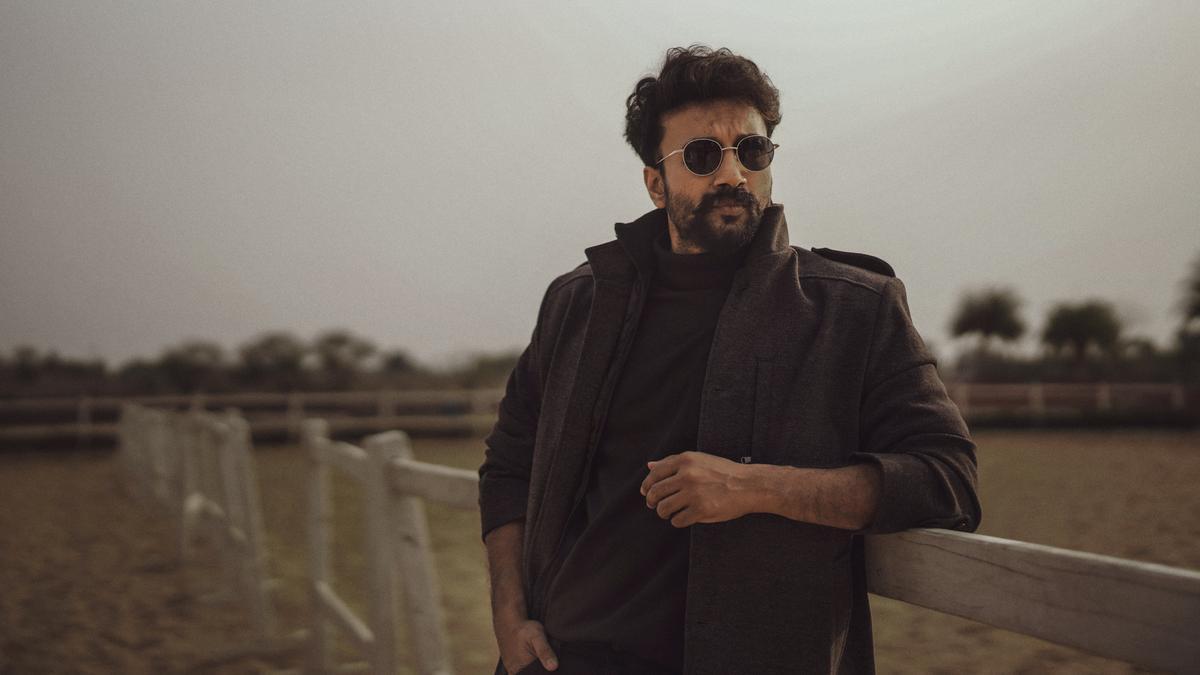
The Indian classical music scene has felt the loss of several senior exponents in recent times, leaving behind a legacy that needs to be carried forward. Amongst the departed maestros, we remember Malini Rajurkar of the Gwalior gharana, Prabha Atre of the Kirana gharana, Ustad Rashid Khan of the Rampur Saheswan gharana, and vidwan O.S. Thyagarajan. In an effort to bridge the gap and prepare the next wave of performers, Pracheen Kala Kendra (PKK) based in Chandigarh has been pioneering the ‘Legends of Tomorrow’ series—a platform devoted to showcasing the talents of young and promising vocalists and instrumentalists.
The 23rd quarterly baithak of this enriching series took place at Triveni Kala Sangam in Delhi, featuring a vocal recital by upcoming artist Nirali Kartik and a santoor-sitar Jugalbandi by the Wahane Sisters—Prakriti and Sanskriti—drawing in enthusiasts of Hindustani classical music. Pt. Jasraj, the celebrated representative of the Mewati gharana, might have left us, but his stylistic nuances reverberated through Nirali’s exemplary performance. Another highlight was the Wahane Sisters, with Prakriti embracing the santoor under the guidance of legends like Pt. Shivkumar Sharma and Bhajan Sapori, and Sanskriti taking up the sitar, mirroring the practices of past masters.
From a young age, Nirali Kartik was steered towards the realm of classical music by her supportive parents. She honed her craft under the tutelage of P. G. Shinde, Vikas Parikh, and Sanjeev Abhyankar, who were direct disciples of Pt. Jasraj. The influence of these stalwarts became evident as Nirali further had the privilege of being guided by Pt. Jasraj himself. Similarly, the Wahane Sisters grew up in an environment steeped in music, receiving their initial instruction from their father, Lokesh Wahane—a dedicated musician himself. Their current mentorship comes from Ustad Shahid Parvez and Pt. Suresh Talwalkar.
At the musical gathering, Nirali’s performance commenced with raag Puriya-Kalyan, articulately blended from the Puriya and Kalyan ragas, presenting a harmonious juxtaposition of somber and pleasant tones. She skillfully led her recital with an auchaar followed by a Bada Khayal ‘Aaj so bana,’ executed in Vilambit Ektaal. This segment demonstrated her command over the genre, with bol-alap phrases flowing with precision and softness, enchanting the listening audience. Transitional renditions of the Chhota Khayal boasted rapid taans, while a scintillating Kalawati tarana showcased sweeping sargam taans. Her performance concluded with a Holi-themed piece ‘Mriganayani tero yaar naval-rasiya,’ exemplifying the finesse of her vocal artistry.
The Wahane Sisters’ sitar and santoor jugalbandi was a testament to their rigorous training and profound understanding of the art form. The duo embarked on their musical narrative with an expansive alap-jod-jhala in raag Charukeshi and transitioned into compositions in Jhaptaal and Teentaal. Their extraordinary coordination and the interplay of laya (rhythm) and swaras (notes) were complemented by the dynamic sawal-jawab (question-answer) patterns, breathing life into the performance. Tabla accompaniment by Zuheb Khan further elevated the jugalbandi, culminating in a harmoniously rendered Bhairavi dhun.
The backbone of the Wahane Sisters’ journey lies in the guidance of their father, Lokesh Wahane, himself a disciple of Ustad Shahid Parvez and an avid student of Pt. Shiv Kumar Sharma’s santoor technique. His dedication was even rewarded by Pt. Shiv Kumar Sharma himself, who, upon being impressed with Prakriti’s rendition of Rageshri, gifted her a santoor after an informal performance. The evolution of these young musicians is a testament to the collective effort of their predecessors.
Pracheen Kala Kendra’s ‘Legends of Tomorrow’ not only highlights the undisputed skill of its performers but also assures classical aficionados that the future of this rich and ancient tradition is in capable hands. As the series continues to thrive, so does the hope for Hindustani classical music’s enduring resonance across generations.










